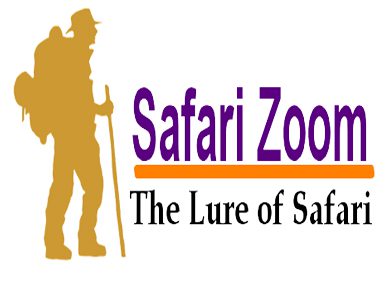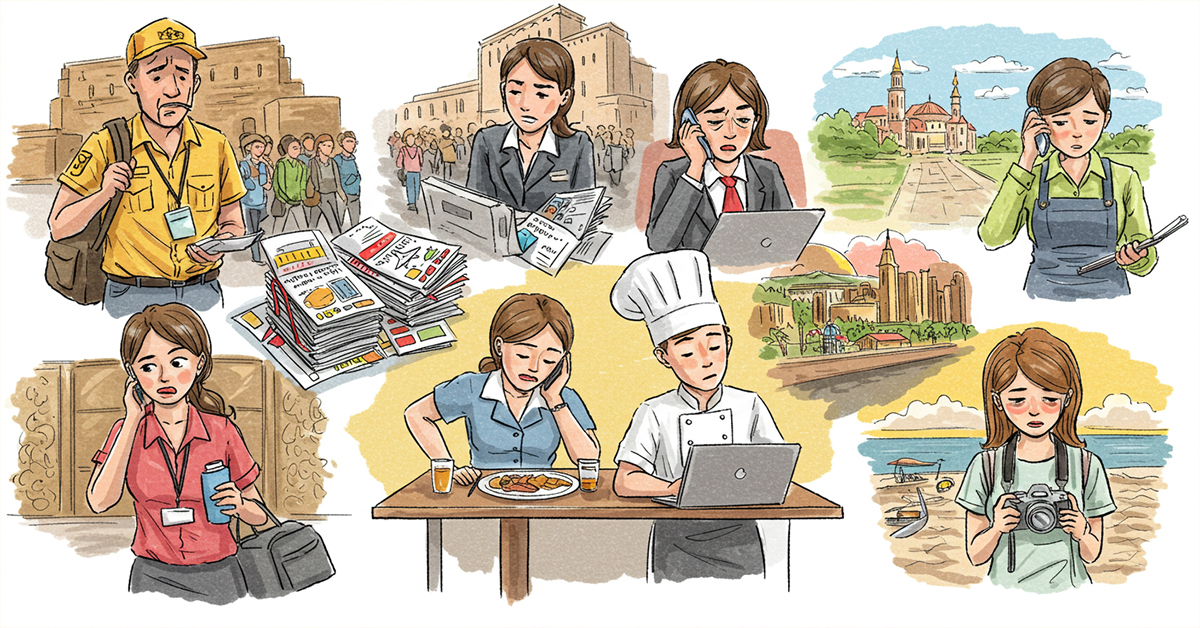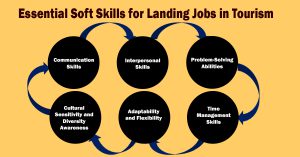10 Reasons a Career in Tourism Could Be Tougher Than You Think
The tourism industry is often painted as a dream career full of glamour, travel, and excitement. But behind the glossy brochures and exotic destinations lies a challenging reality that many aspiring professionals don’t anticipate. A career in tourism can be incredibly rewarding, but it’s not without its difficulties.
If you’re considering joining this dynamic industry, it’s essential to understand the obstacles you may face. Here are 10 reasons why a career in tourism might be tougher than you think, so you can better prepare yourself for the journey.
1. Long and Irregular Working Hours
Tourism operates 24/7, which means professionals in the industry often work long and irregular hours. Unlike the typical 9-to-5 job, you may find yourself on duty during weekends, holidays, and even late into the night. For example:
• Hotel staff must be available around the clock to assist guests.
• Tour guides often work long days, accommodating group schedules.
• Event planners in tourism face tight deadlines that extend well into personal time.
This lack of a consistent schedule can strain personal relationships and make achieving work-life balance a significant challenge. If you value routine or prefer set hours, the demanding schedules in tourism may feel overwhelming.
2. High Levels of Stress
Tourism is a customer-centric industry, and with that comes the stress of meeting diverse expectations. Whether it’s a delayed flight, a client unhappy with their hotel room, or a last-minute itinerary change, tourism professionals often need to think on their feet. During peak travel seasons, the pressure only intensifies.
Consider the challenges faced by airport staff during holiday rushes or the stress of a tour guide managing an unruly group. These high-pressure scenarios demand strong problem-solving skills and emotional resilience, which can be taxing over time.
3. Physically Demanding Work
Many roles in tourism are physically demanding, requiring professionals to be on their feet for extended periods. For example, tour guides may walk miles every day while explaining historical sites, and event organizers might be running between venues to ensure everything runs smoothly.
Frequent travel, long hours, and limited rest periods can also take a toll on your physical health. Jet lag, irregular meals, and disrupted sleep patterns are common complaints among tourism professionals who travel regularly for work.
4. Low Starting Salaries
While tourism offers exciting experiences, the financial rewards might not match the effort, especially for entry-level roles. Many professionals in the industry begin their careers earning modest salaries, making it difficult to manage expenses or save for the future.
For example, entry-level positions like travel agents or hospitality staff may offer salaries lower than what’s typical in other industries. Although there is potential for growth, the initial financial struggle can discourage those looking for quick monetary rewards.
5. Intense Competition
The allure of a career in tourism attracts thousands of aspirants every year, leading to stiff competition for the best jobs. Standing out requires a combination of skills, certifications, and networking, which can be challenging to achieve without proper guidance or resources.
For example, high-demand roles like luxury travel consultants or hotel managers are often filled by candidates with years of experience or specialized degrees. If you’re just starting, breaking into these roles can feel like an uphill battle.
6. Customer-Centric Nature of Work
A career in tourism revolves around customer satisfaction, which can sometimes be challenging. Clients come from diverse backgrounds, and their expectations often vary widely. While some customers may be understanding, others can be difficult or even outright demanding.
Imagine dealing with a traveler who missed their flight due to a misunderstanding, or a group unhappy with their accommodations despite your best efforts. In such situations, maintaining a calm, professional demeanour is crucial, but it can also be emotionally draining.
Constantly putting the needs of others first can be exhausting over time. Tourism professionals often need to strike a delicate balance between delivering exceptional service and protecting their emotional well-being.
7. Seasonal and Economic Vulnerability
Tourism is heavily reliant on seasons and economic stability, which can make job security unpredictable. Peak seasons such as summer vacations or holidays may bring a surge of work, but off-peak periods can result in reduced hours or even layoffs.
Global events like pandemics, economic recessions, or natural disasters further highlight the vulnerability of the tourism sector. During such times, many professionals face pay cuts, job losses, or limited opportunities for advancement. This instability can make a career in tourism feel less secure compared to other industries.
8. Limited Career Growth Without Specialization
While tourism offers numerous entry-level roles, advancing beyond a certain point often requires specialization. Without additional certifications, advanced degrees, or niche skills, professionals may find their careers plateauing.
For example, a general travel agent might struggle to compete with specialists in luxury travel, eco-tourism, or adventure planning. Similarly, a hotel receptionist may need formal training in management to move up to a higher-paying role. This requirement for continuous learning can be both time-consuming and expensive.
9. Cultural and Language Barriers
Working in a global industry like tourism often involves interacting with people from different cultures and languages. While this can be an enriching experience, it also poses challenges. Misunderstandings due to cultural differences or language barriers can lead to conflicts or service failures.
For instance, a lack of fluency in a customer’s language might make it difficult to understand their needs fully. Additionally, cultural faux pas—such as failing to respect local customs or traditions—can inadvertently offend clients or partners. Professionals in tourism must be willing to invest in learning new languages and cultural norms to succeed in this field.
10. Emotional Burnout
The high-energy, people-focused nature of tourism jobs often leads to emotional burnout. Professionals are expected to maintain enthusiasm and positivity, even on their worst days. This constant emotional performance can be draining, particularly when paired with the repetitive nature of certain tasks.
For example, tour guides may find it challenging to stay excited about narrating the same stories daily. Similarly, hotel staff might struggle to maintain a cheerful demeanor when faced with difficult guests or long shifts. Over time, this emotional strain can impact mental health, making self-care an essential part of surviving and thriving in the tourism industry.
Final words
While a career in tourism has its share of rewards, it’s not without significant challenges. Long hours, demanding customers and the physical and emotional toll of the job make this industry tougher than it might seem. However, for those who are passionate about travel and hospitality, these challenges can be stepping stones to personal growth and professional success.
By understanding these hurdles, aspiring professionals can better prepare themselves and develop strategies to overcome them. Resilience, adaptability, and a commitment to continuous learning are key to thriving in the dynamic world of tourism.
FAQs
1. How can one maintain a work-life balance in tourism?
Creating a schedule that includes downtime and setting boundaries between work and personal life is crucial. Some professionals opt for roles with more predictable hours, such as corporate travel management.
2. Are there ways to reduce stress in tourism-related jobs?
Yes, prioritizing tasks, practising mindfulness, and seeking support from colleagues can help manage stress effectively. Training in conflict resolution can also prepare you for challenging situations.
3. What skills help overcome cultural barriers in tourism?
Learning languages, developing cultural awareness, and being open to feedback can significantly help. Sensitivity training can also make navigating cultural differences easier.
4. Can a tourism career be financially stable in the long term?
Stability improves with specialization and experience. Advanced roles like destination managers or luxury travel consultants often offer higher pay and better job security.
5. How do you avoid burnout in a demanding industry like tourism?
Regular breaks, setting realistic goals, and practising self-care are essential. Engaging in hobbies outside of work and seeking professional help when needed can also prevent burnout.




